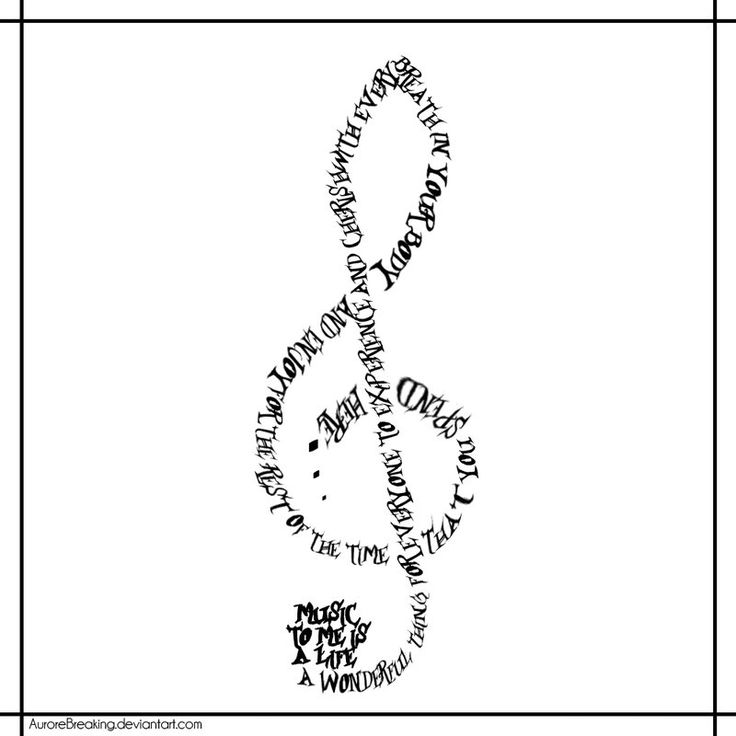

Music is a universal language that transcends borders and languages. It is a medium of expression that can evoke emotions, tell stories, and convey messages. As such, it plays a significant role in translation, both as a source of inspiration and as a challenge.
Firstly, music can inspire translations. A translator may listen to a song and be moved by the lyrics, the rhythm, or the melody. This can help them to better understand the meaning of the words and to capture the essence of the song in their translation. Similarly, music can be a source of cultural references and expressions that the translator can use to enhance their translation.
On the other hand, music can also pose challenges for translators. Some songs may have cultural or linguistic nuances that are difficult to convey in another language. For example, a song may use a pun, a rhyme, or a play on words that cannot be replicated in another language. Moreover, the rhythm and melody of a song can also affect the translation, as the words may need to be adapted to fit the rhythm and melody of the music.
In conclusion, music has a significant impact on translation. It can inspire translations, provide cultural references and expressions, and pose challenges for translators. As such, translators need to be aware of the cultural and linguistic dimensions of music and take these into account when translating songs.